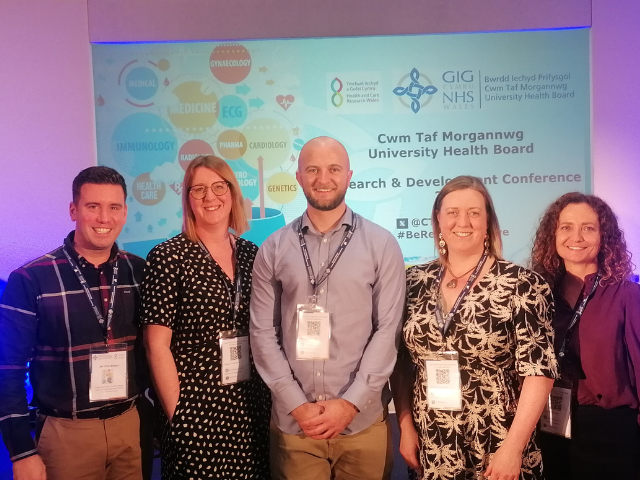
“We don’t want to just firefight” - how a collaborative research study is helping to tackle winter fuel poverty in Wales
Population health and frailty specialists at Cwm Taf Morgannwg University Health Board had launched a pioneering research study to help vulnerable populations avoid adverse health conditions brought on by winter fuel poverty.
The project was aimed at reducing winter pressures on primary and secondary care services by delivering proactive care to vulnerable and frail people in the Taff Ely area, engaging them with the Frailty Service and signposting to Local Authority support services and home energy efficiency improvement schemes provided by the Welsh Government.
Gemma Northey, Consultant in Public Health and Population Health Management Unit lead at Cwm Taf Morgannwg, highlighted research which shows that people living in cold homes are at increased risk of developing adverse health conditions including strokes, heart attacks, anxiety, depression and falls.
Recognising the impact of winter pressures and fuel poverty on vulnerable groups in the area, the project team worked with the Frailty Service in the Taff Ely Primary Care Cluster and used data from the Population Segmentation and Risk Stratification (PSRS) programme and the Secure Anonymised Information Linkage (SAIL) Databank, funded by Health and Care Research Wales, to identify high-risk groups.
Gemma said that this was the first time a population health management approach had been successfully implemented in Wales, adding: “With resources being increasingly tight across health and care services, we need to look at alternative models of delivery and move the traditional medical model towards incorporation of more preventative interventions, facilitated by a population health management approach”.
Samantha Roberts, Senior Public Health Practitioner, said that the project success was in part due to effective collaboration with the Taff Ely Frailty Service to proactively identify and contact people with higher health risks in the most deprived areas.
She added: “We identified over 3,200 patients and contacted over 600 of them to find out what support they needed.
“Of these, nearly 200 patients were referred for further intervention or third sector services. We helped them to get access to and engage with services like frailty and social prescribing to fulfil their needs.”
Christopher Waters, Frailty Nurse in the project team, added: “Early help and anticipatory care planning makes a big difference. We don’t want to just firefight or wait for problems to occur - a person's frailty score or chronic condition is often on a downward trajectory, so we need to identify this before they deteriorate and come to rely on more complex care.”
Gemma added that this was a feasibility project to test the application of a population health management approach. She highlighted the value for future planning, citing the ongoing evaluation of the work.
She said: “We hope this pilot study will begin to build the evidence base in Wales to inform national and local planning for population health management approaches and policy.”
If you are interested to find out more about the population health management approach, please visit the website of Cwm Taf Morgannwg University Health Board.